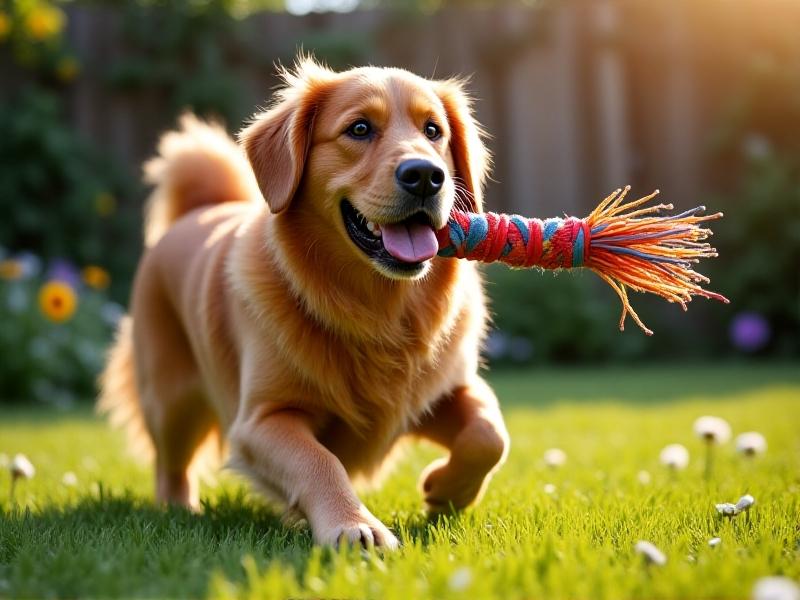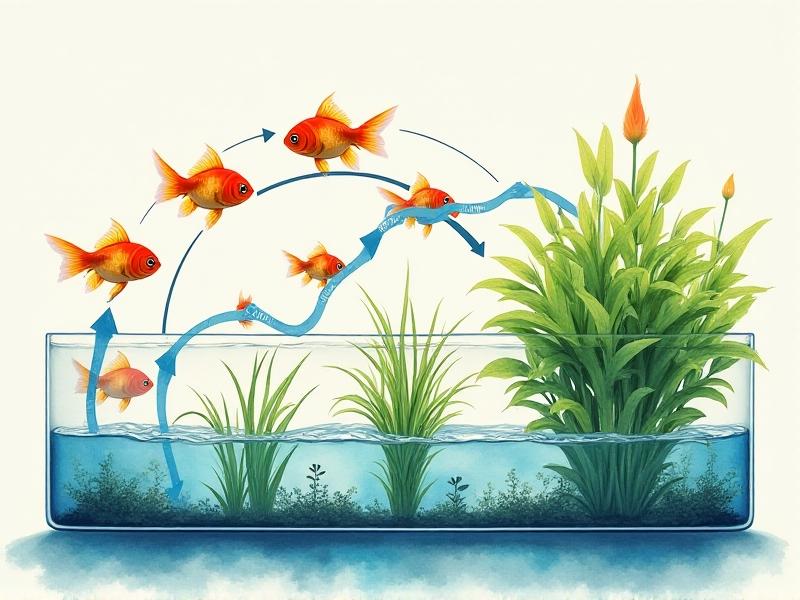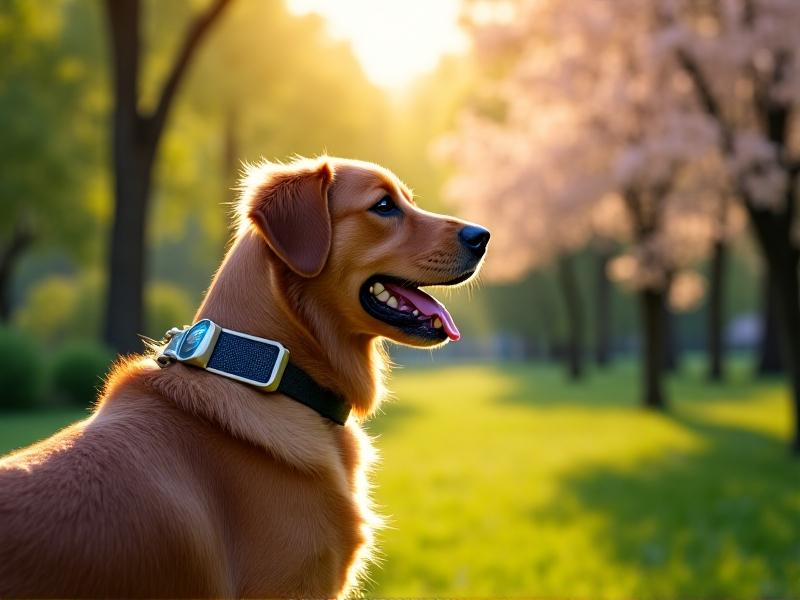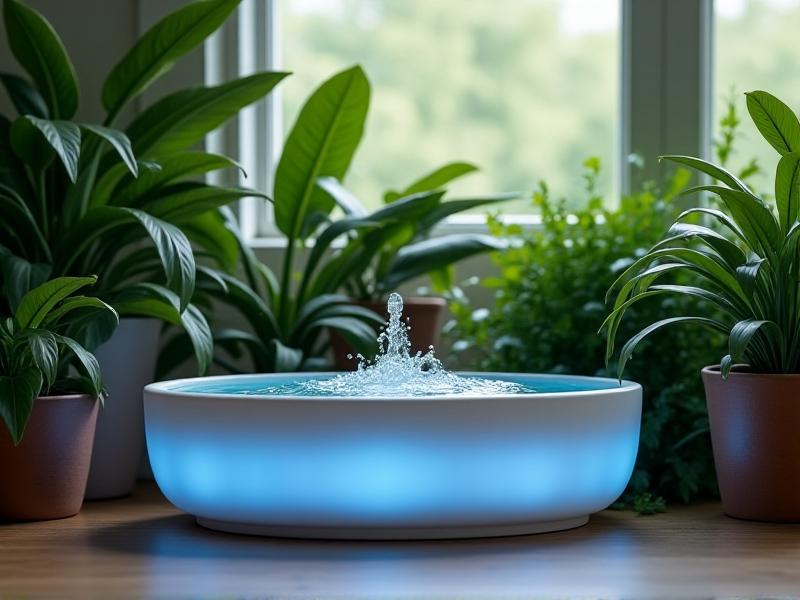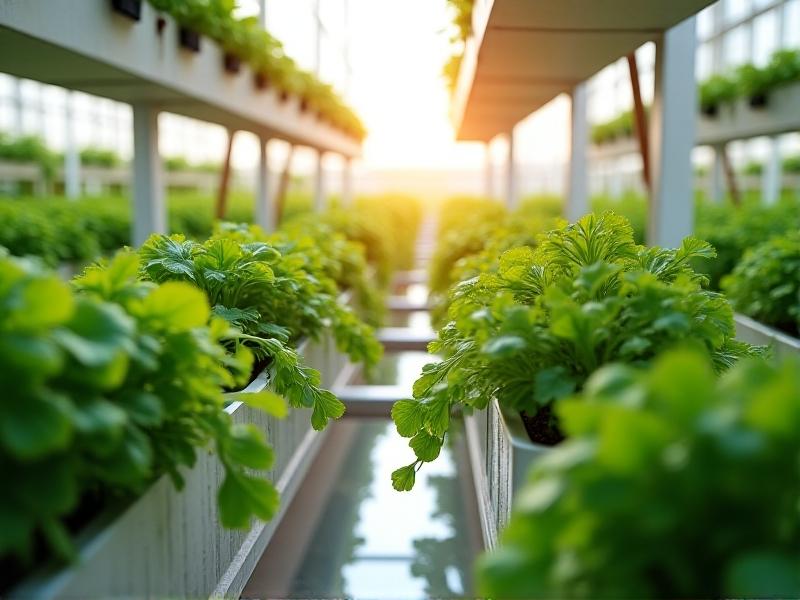Biodegradable Poop Bag Subscriptions: Cost and Decomposition Compared
Introduction to Biodegradable Poop Bag Subscriptions
As pet ownership continues to rise globally, so does the concern for environmental sustainability. One of the most significant contributors to plastic waste is traditional plastic poop bags. Enter biodegradable poop bag subscriptions—a modern solution that promises convenience and eco-friendliness. These subscriptions not only ensure that pet owners never run out of bags but also offer a sustainable alternative to conventional plastic bags. This article delves into the cost and decomposition aspects of biodegradable poop bag subscriptions, comparing them to traditional options to help pet owners make informed decisions.

The Environmental Impact of Traditional Poop Bags
Traditional plastic poop bags are a significant source of environmental pollution. Made from polyethylene, these bags can take hundreds of years to decompose, often ending up in landfills or, worse, in oceans where they pose a threat to marine life. The production of these bags also contributes to carbon emissions, further exacerbating climate change. Despite their convenience, the long-term environmental costs of traditional poop bags are staggering. This section explores the ecological footprint of conventional plastic bags and why a shift to biodegradable options is not just beneficial but necessary.

What Are Biodegradable Poop Bags?
Biodegradable poop bags are designed to break down more quickly and safely in the environment compared to traditional plastic bags. Made from materials like cornstarch, vegetable oils, and other plant-based polymers, these bags decompose into natural elements within months rather than centuries. This section provides an in-depth look at the materials and manufacturing processes behind biodegradable poop bags, explaining how they differ from conventional options and why they are a more sustainable choice for pet owners.
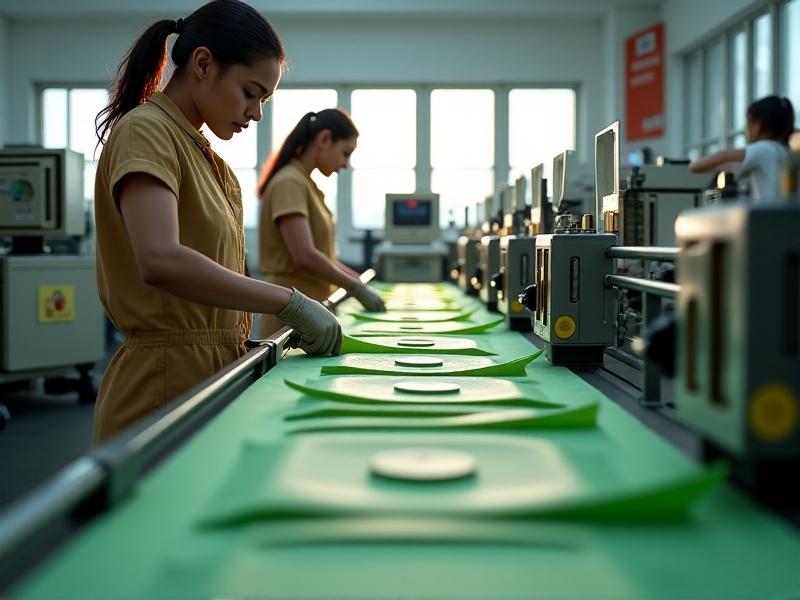
Cost Comparison: Biodegradable vs. Traditional Poop Bags
One of the primary concerns for pet owners considering biodegradable poop bags is the cost. While biodegradable options are generally more expensive than traditional plastic bags, the price gap is narrowing as demand increases and production methods improve. This section breaks down the cost differences between biodegradable and traditional poop bags, considering factors like subscription plans, bulk purchases, and long-term savings. It also discusses the value of investing in a product that benefits the environment and aligns with sustainable living practices.
How Biodegradable Poop Bags Decompose
Understanding the decomposition process of biodegradable poop bags is crucial for appreciating their environmental benefits. Unlike traditional plastic bags, biodegradable options break down through the action of microorganisms, turning into water, carbon dioxide, and biomass. This section explains the science behind the decomposition process, including the conditions required for optimal breakdown and the timeframes involved. It also addresses common misconceptions about biodegradability and what pet owners should look for when choosing a truly eco-friendly product.
Benefits of Subscribing to Biodegradable Poop Bags
Subscribing to biodegradable poop bags offers numerous advantages beyond just environmental benefits. Convenience, cost savings, and peace of mind are just a few of the perks that come with a subscription service. This section explores the various benefits of subscribing, including regular deliveries, customizable plans, and the ability to support eco-friendly businesses. It also highlights how subscriptions can help pet owners stay consistent in their efforts to reduce plastic waste and contribute to a healthier planet.
Challenges and Considerations
While biodegradable poop bags offer many benefits, they are not without their challenges. Issues such as availability, certification, and proper disposal can affect their effectiveness. This section discusses the potential drawbacks and considerations pet owners should be aware of when switching to biodegradable options. It also provides tips on how to navigate these challenges, ensuring that the transition to eco-friendly poop bags is as smooth and effective as possible.
Future of Biodegradable Poop Bags
The future of biodegradable poop bags looks promising, with advancements in materials science and increasing consumer awareness driving innovation. This section explores emerging trends and technologies in the biodegradable poop bag industry, such as new materials, enhanced decomposition processes, and broader accessibility. It also considers the role of government regulations and corporate responsibility in shaping the future of sustainable pet care products.
Making the Switch: Tips for Pet Owners
For pet owners ready to make the switch to biodegradable poop bags, the transition can be straightforward with the right approach. This section offers practical tips and advice for incorporating biodegradable poop bags into daily routines, from choosing the right product to proper disposal methods. It also encourages pet owners to share their experiences and spread awareness, contributing to a larger movement towards sustainable pet care.
Conclusion: The Path to Sustainable Pet Care
Biodegradable poop bag subscriptions represent a significant step towards sustainable pet care. By understanding the cost and decomposition benefits, pet owners can make informed decisions that benefit both their pets and the environment. As the demand for eco-friendly products continues to grow, the shift towards biodegradable options is not just a trend but a necessary evolution in responsible pet ownership. This section wraps up the discussion, emphasizing the importance of making environmentally conscious choices and the positive impact they can have on the planet.
